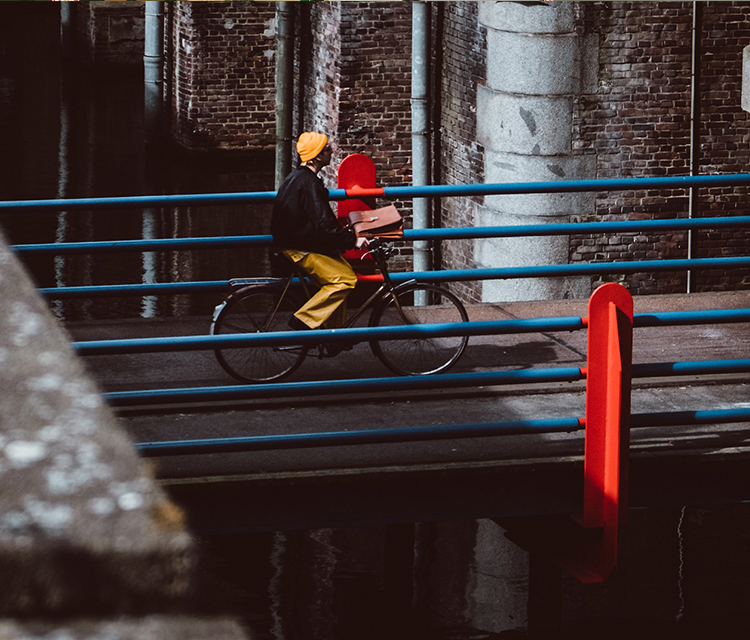When we deny our stories, they define us. When we own our stories, we get to write a brave new ending.
I know this is true. I may have learned it as a researcher, but I live this truth as a daughter, a partner, a leader, a sister, a mother, and a friend. When we push down hurt or pretend that struggle doesn’t exist, the hurt and struggle own us.
I’ve learned that writing a brave new ending in our personal lives means:
- We can’t smooth over hurt feelings in our families. It’s too easy for stockpiled hurt to turn into rage, resentment, and isolation. We must talk about it. Even when we don’t want to. Even when we’re tired.
- We can’t pretend our family histories of addiction and mental health issues don’t exist if our hope is to write a new story and pass that legacy of emotional honesty and health down to our children.
- We must own our failures and mistakes so that we can learn and grow. It’s hard, but I’ve seen how it becomes part of a family and organizational cultures and unleashes innovation and creativity. It doesn’t feel comfortable, but courage rarely does.
Owning our stories is standing in our truth. It’s transformative in our personal and professional lives AND it’s critical in our community lives. But we don’t think about history as our collective story.
Until we find a way to own our collective stories around racism in this country, our history and the stories of pain will own us.
We will not get away from the violence and heartbreak. Fear and scarcity will continue to run roughshod over our country.
Until we find a way to own our collective stories around racism in this country, our history and the stories of pain will own us.
Our collective stories of race in the U.S. are not easy to own. They are stories of slavery, violence, and systemic dehumanization. We will have to choose courage over comfort. We will have to feel our way through the shame and sorrow. We will have to listen. We will have challenge our resistance and our defensiveness.
We have to keep listening even when we want to scream, “I’m not that way. This isn’t my fault!”
We have to examine and own stereotypes and prejudices. Every single one of us has them. It will be tough.
We will need to sit down with our children and talk about privilege. This means honest conversations about how we were raised and what we need to work on. No blaming or shaming, but truth. It’s not productive to deny how hard we all work for what we have, but it’s not honest to deny that many of us are afforded privileges based on who we are and what we look like.
Will these conversations stop violent hate crimes? No one knows for sure, but we shouldn’t underestimate the power of love and truth-telling.
This is not bigger than us. This is us.
Yes, we need to own a million heartbreaking stories of discrimination and prejudice, and make millions of changes, and hold space for a million tough conversations. But if each one of us owns one story and makes one change and has one honest conversation where we listen more than defend or offer false comfort—we can do this. There is a way to write a brave new ending to one of the most painful stories in our history. What remains to be seen is if we have the will and courage.
I believe we do.
